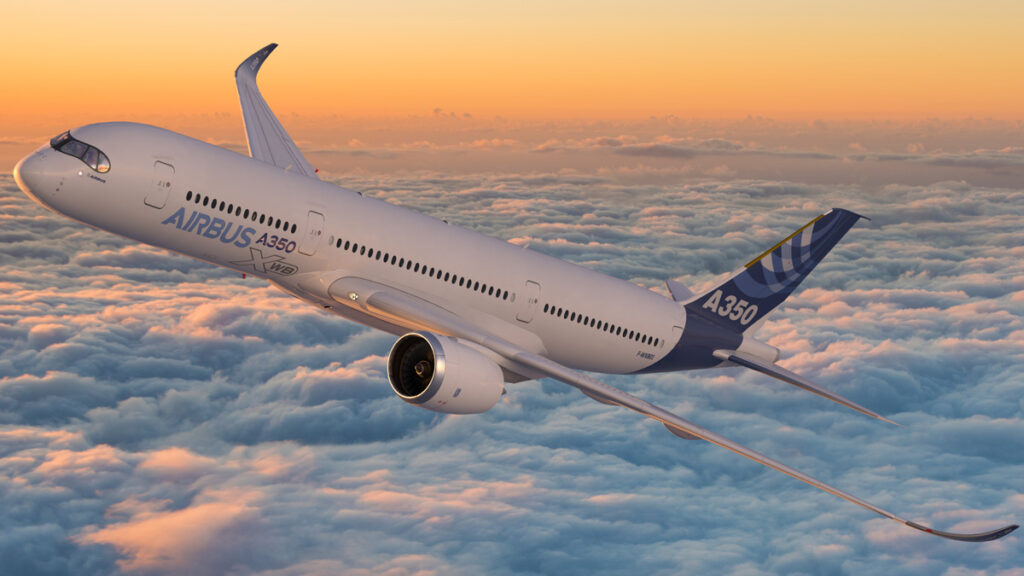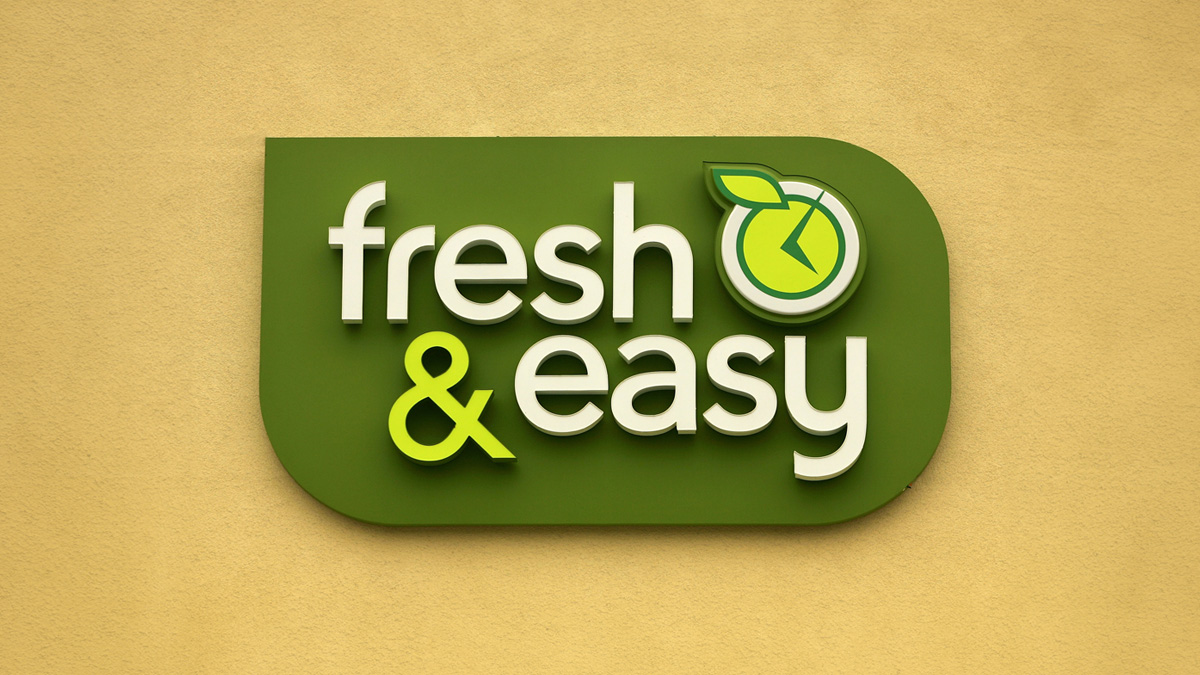Is this the most important business in Europe?
Plus, Britain set to miss 2030 clean power targets, chancellor aiming to woo US investors and exited Carpetright founder strikes rescue deal

This article is an online version of our Off to Lunch newsletter. Sign up to receive it straight to your inbox here.
“If I want to deliver on my promises, I need companies like Airbus to be there to help me do it.” That is what Sir Keir Starmer told Airbus during a recent meeting with the company.
That comment is a glimpse into how important Airbus is as a business to the UK and Europe. It employs around 12,000 people in the UK but supports about 79,000 more jobs through the small, medium and large businesses that supply parts to Airbus across the country. The wings for Airbus planes are manufactured at its factory in Broughton, North Wales, and the company also has a key site in Filton, just outside Bristol. Overall, Airbus has 25 sites in the UK working across aerospace, defence, space technology and more.
This week Airbus is playing a central role at the Farnborough Air Show, one of the biggest events in the aviation industry. On the first day, on Monday, £39bn of deals to buy new planes were announced and Airbus showed off its new plane, the A321XLR.
In the new episode of our Business Leader podcast, we look at the story behind Airbus’s business in the UK: how it works, its challenges and the future. We do so by speaking to John Harrison, the chairman of Airbus UK and the most senior Briton in the company.
“I always say it’s a privilege to build the wings and not a right,” Harrison says of the UK business. “We’ve got to prove that we’re good. I think that the UK factories are very good in terms of safety record and productivity. So, if we keep performing well, we have a very good future here. The UK is no longer part of the EU, but it’s still a part of Europe and it’s still part of the Airbus family.”
Airbus has one of the most complex supply chains in the business world and Harrison offers a fascinating insight into how the company manages it. “I think the key is ‘make or buy’,” he explains. “You don’t just want to be an integrator and do nothing. You need to look at the core elements – so the wings – but some of the aerostructures can be produced cheaper and better by someone else. There is a procurement strategy team that looks at what we’re procuring and says: ‘Well, do we do that ourselves or do we put that out for a call for tender?’”
You can listen to the episode in full on Apple Podcasts here, Spotify here or Acast here.
Business Question
Guess the company
- It was founded in 1947
- It employs more than 84,000 people across the globe
- It reported revenue of £15.1bn in 2023
- It serves 20 million people in its clinics, hospitals and dental centres
The answer can be found at the bottom of the page.
Business in Brief
Everything you need to know
1. Britain is not on course to build enough wind and solar farms to meet the Labour government’s stretching clean energy targets, according to an analysis that highlights the scale of the challenge in transitioning away from fossil fuels. Under current plans, wind and solar power will be supplying about 44 per cent of Britain’s electricity by 2030, up from 34.3 per cent in 2023, according to forecasts by Cornwall Insight. You can read more here.
2. Sir Keir Starmer has set out a plan to “fire up” the training of more British workers as he insists he will not be content to pull the “easy lever” of overseas labour. The prime minister suggests young people in the UK have been “let down” by a lack of opportunity and a “fragmented and broken” skills system. Meanwhile, chancellor Rachel Reeves is preparing to woo Wall Street companies next month in a bid to boost US investment into the UK. You can read more in this exclusive from The Times here.
3. Lord Harris of Peckham has struck a multimillion-pound deal to rescue Carpetright, the flooring retailer he built from scratch about 35 years ago. Tapi, the rival flooring chain he later co-founded, has purchased the Carpetright brand, intellectual property, 54 stores and a pair of warehouses in a pre-pack administration that will save more than 300 jobs. You can read more here.
4. Google’s parent company and Wiz have ended talks on a proposed $23bn acquisition, terminating what would have been the largest deal in the search group’s history. Google parent company Alphabet had been in talks to buy the Israeli cyber security company in what would also have ranked as the biggest purchase of a venture-backed company, according to PitchBook. You can read more here.
5. Tesla boss Elon Musk says the electric car maker will start producing and using humanoid robots from next year. In a social media post, Musk says the robots will first be used by Tesla, which will start making them to sell in 2026. You can read more here.
Business Quotes
Inspiration from leaders
“The most successful entrepreneurs I know are optimistic. It’s part of the job description.”
– Caterina Fake
Business Thinker
Ideas on the future of business and leadership
2. ? Do children in England talk too little? ?
3. ? A forever sports debate: Is winning ever a bad idea? ?
And finally…

The Summer Olympics kicks off tomorrow with the men’s football and rugby sevens taking centre stage before the Games’ official opening ceremony on Friday evening.
PwC has crunched the numbers to predict the medal table at the close of the Games on Sunday, August 11. The company’s econometric modelling analyses a range of drivers, including demographic and economic size, income levels, previous Olympic performances and other parameters, including whether the country is the host nation.
It predicts the US will come out on top with 116 medals, 42 of them gold, just ahead of China on 110. Team GB, it suggests will come third with 55, followed by the host France with 54 and Japan with 52.
You can see the full predictions here.
The answer to today’s Business Question is Bupa.



